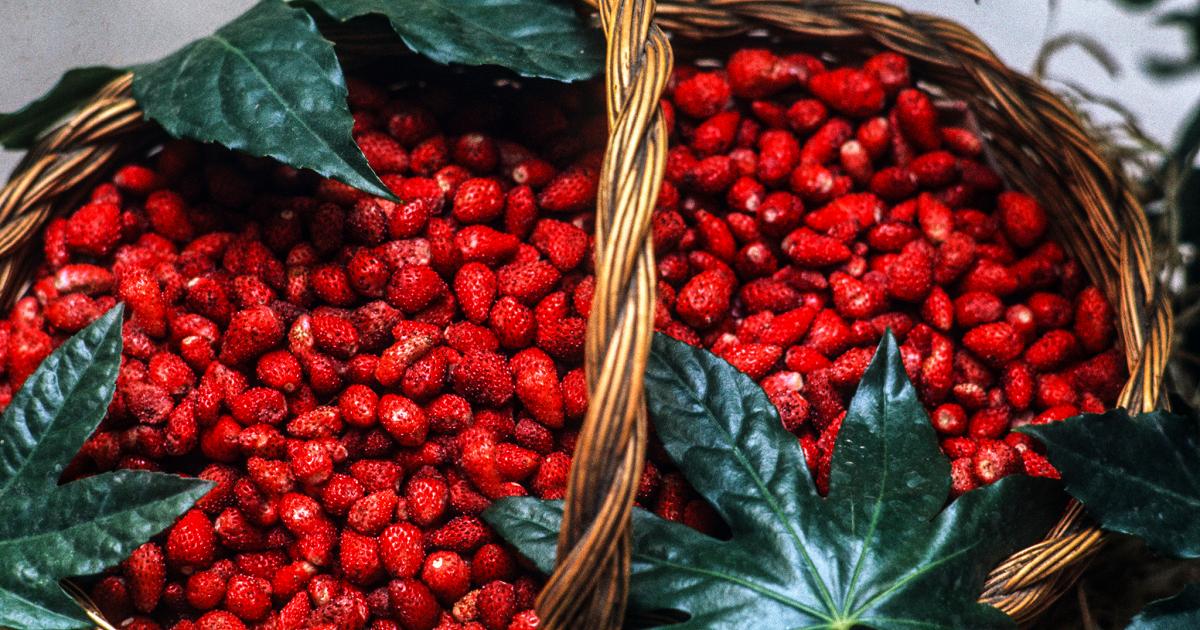There is "great concern about the quantification of the damage", huge, as confirmed by itself "the loss of the entire cereal crop".
With these words, Ettore Prandini, president of Coldiretti, commented on the damage caused by the flood in Emilia Romagna. A situation defined as dramatic: "Many companies are submerged by water and the damage is huge on all production chains, from the fruit and vegetable sector to the livestock sector. We have lost all the cereal harvest and Emilia Romagna is the third region for soft wheat production at national level".
According to the president of Coldiretti, "for the estimate of the damage it is necessary to speed up, to compensate and then to help not only the agricultural sector but the entire agri-food chain, returning to give confidence and serenity to a people who have been strongly affected".
Endangered species
From the apricot of Imola to the strawberry of Romagna, from the Senatore Cappelli wheat to the cherry of Cesena up to the pig breed 'mora romagnola', the flood that hit the region "also puts biodiversity at risk, with entire productions that have been canceled after farmers had managed in recent years to save them from extinction".
The alarm comes on what is also the World Biodiversity Day, which is celebrated today, May 22 at Palazzo Rospigliosi in Rome, where the symbolic products of Romagna agriculture were brought where the flood devastated over 5 thousand farms and livestock in one of the most agricultural areas of the country with a gross saleable production of about 1.5 billion euros.
With regard to the damage caused by the flood, the manager stressed that in Emilia-Romagna "we have 15 million plants and to rethink the replanting of all production chains the necessary resources are really huge".
"The flood has submerged the fields with the loss of at least 400 million kilos of wheat also decimating the sowing of Senatore Cappelli, an ancient durum wheat that is more than 100 years old, selected in 1915 by the agronomist Nazareno Strambelli who named it in honor of the senator of the Kingdom, Raffaele Cappelli. A variety that in the 60s began to disappear before being recovered thanks to the commitment of Romagna farmers. But the flooding has submerged - continues Coldiretti - even the orchards 'suffocating' the roots of the trees until they rot with the need to explant and then replant almost 15 million plants including peaches, nectarines, kiwis, apricots, pears, plums, apples, khaki and cherry trees. And among these the peaches and nectarines of Romagna PGI whose origins date back to the nineteenth century, but also the Reale and Val Santerno apricots of Imola, two native varieties of great quality that since 1900 represent one of the main sources of income for local farms and has certainly contributed to stem the rural exodus ".
Also threatened is the Cesena Cherry, a variety much loved for the taste and texture of the pulp, as well as the Romagna strawberry, whose fields have been an integral part of the rural landscape of the hinterland for decades and now finished under water.
250,<> animals are also at risk
"But worrying - continues Coldiretti - is the situation also for the 250 thousand cattle, pigs, sheep and goats raised in the stables of the flooded Romagna where there are also about 400 poultry farms, including chickens, egg hens and turkeys where according to Coldiretti there are unfortunately several critical situations with thousands of dead and drowned animals . In danger is - says Coldiretti - the important action of recovery of historical breeds by breeders, from the Romagna blackberry pig to the Romagna beef cattle, which in the past had risked extinction ".
Italy - underlines Coldiretti - is the only country in the world with 5450 traditional food products surveyed, 319 PDO / PGI specialties recognized at Community level and 526 PDO / PGI wines but it is also a leader in Europe with almost 80 thousand operators in the organic sector.

